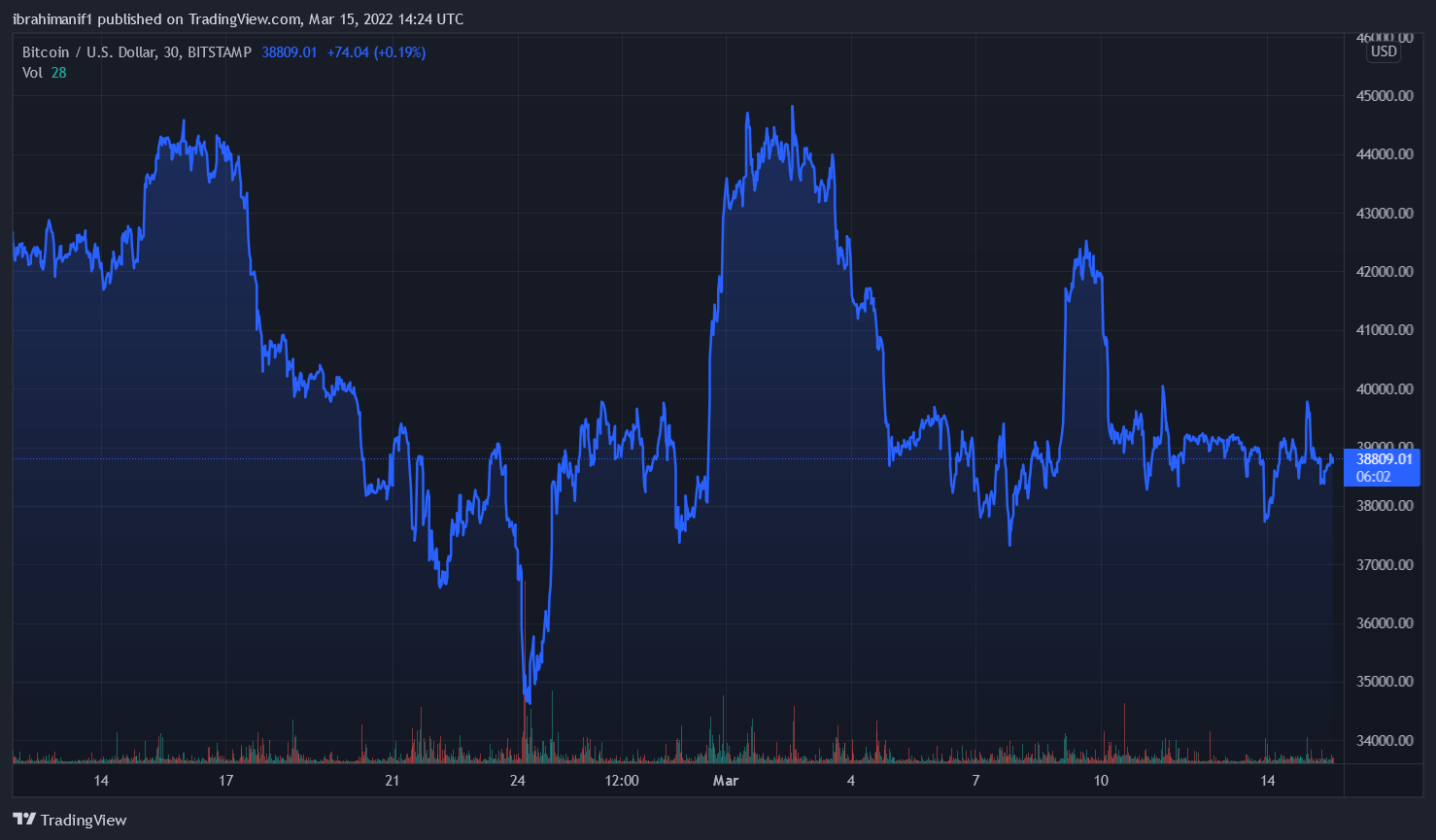- March 15, 2022
- Posted by: admin
- Category: BitCoin, Blockchain, Cryptocurrency, Investments
On Monday, the much-anticipated Markets in Crypto Assets Regulation (MiCA) bill was enacted. It will concentrate on a coordinated strategy to crypto by all EU members. Because of its significant power consumption, the law originally included an indirect provision to prohibit proof-of-work mining. Many crypto watchdog critics dubbed it a “proposed Bitcoin mining ban in the EU.”
EU Commission Seeks Regulate Crypto
The Economic and Monetary Affairs Committee adopted its negotiating position on new crypto-asset rules on Monday evening, with 31 votes to 4 and 23 abstentions. They hope to increase user confidence while also encouraging the development of digital services and alternative payment methods.
The draft legislation Markets in Crypto Assets (MiCA), introduced in 2020, aims to regulate digital assets across the continent by establishing a licensing structure and developing a consistent set of norms for member states.
Transparency and disclosure requirements for digital asset issuance, authorization and supervision of cryptoasset service providers, consumer protection standards, and market abuse prevention measures are among the rules.
The legislation noted that one of its priorities is:
Ensuring that the EU financial services regulatory framework is innovation-friendly and does not pose obstacles to the application of new technologies.
In a press release, Stefan Berger, the European Parliament member sponsoring the proposal, said, “Many countries around the world will now take a close look at MiCA.” He praised them for establishing “reliable supervisory structures,” which crypto businesses in the United States have demanded.
While many in the crypto business hailed Monday’s vote as a victory, more legislation to counteract crypto’s negative environmental impact is expected to be proposed in the coming months, in accordance with European Green Deal aims.

BTC/USD plunges to $38k. Source: TradingView
Though the parliament voted against banning proof-of-work, the fate of the energy-intensive crypto mining is still up in the air with the EU aiming to be carbon-neutral by 2050. The European Commission will present a proposal to amend the MiCA bill to include language for “the EU sustainable finance taxonomy [of] any crypto asset mining activities that contribute substantially to climate-change mitigation and adaptation” by January 2025.
According to research from Cambridge University and Statista from last year, the EU accounts for roughly 12-14% of worldwide hashrate on the Bitcoin network, with Germany and Ireland accounting for the majority of it.
Related Reading | Is This A Proposal To Incentivize Green Bitcoin Mining Or A Marketing Ploy?
Other Issues In The MiCA
The European Securities and Markets Authority (ESMA) would oversee the issuing of asset-referenced tokens, while the European Banking Authority (EBA) will oversee electronic money tokens, according to MEPs.
The stablecoin market is also linked to the final issue concerning financial stability. The authors of MiCA feel that the crypto market does not currently constitute a threat to financial stability, but that this may change in the near future as a result of stablecoins:
“This may change with the advent of ‘global stablecoins,’ which seek wider adoption by incorporating features aimed at stabilizing their value by exploiting the network effects from the firms promoting these assets.”
The MiCA legislation package resembles President Biden’s recent crypto executive order in the United States in some ways: A rallying cry for various regulators and organizations to collaborate on a plan to regulate cryptocurrency and protect consumers.
Ursula von der Leyen, the President of the European Commission, has urged for a consistent approach to cryptocurrencies across all Member States in order to ensure that all opportunities and hazards are considered. The European Commission and the Council jointly said in December 2019 that they are committed to working together to build a framework that will “harness the potential opportunities that some crypto-assets may offer.”
Related Reading | US Treasury Adds More Teeth On Russian Sanctions – Will It Scare Putin And His Central Bank?
Featured Image from Getty Images, Charts from TradingView